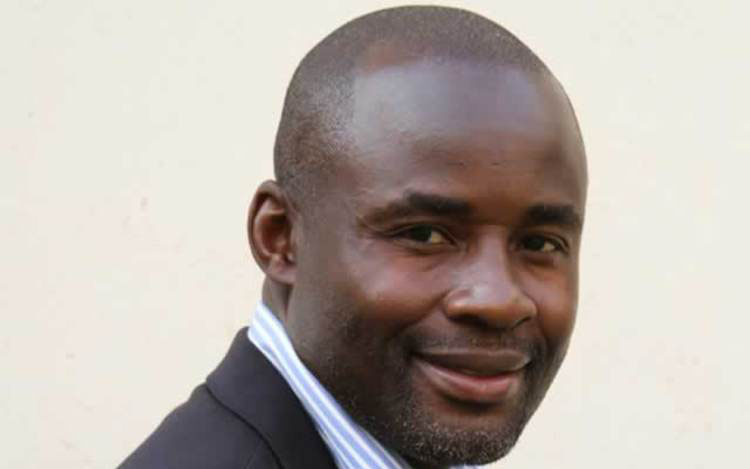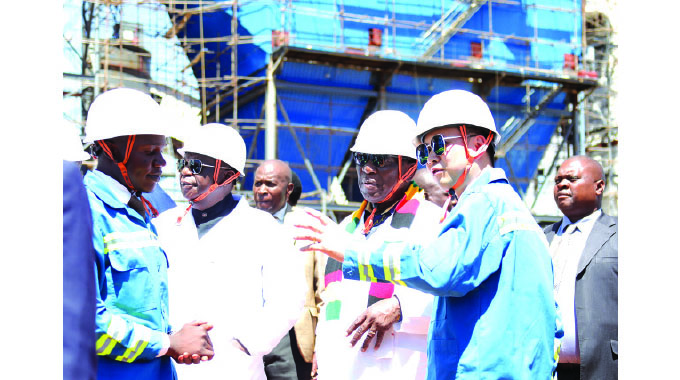EDITORIAL COMMENT: Road Accident Fund must be pro-victim

It is disillusioning to watch haplessly your beloved one dying because you cannot afford expert physicians to handle some complicated health conditions that arise after one is involved in a road traffic accident. Families grapple with difficult situations as they battle to save lives of their beloved ones.
Although the human capital loss suffered by the country is difficult to quantify, key professionals with potential to steer the economic fortunes of their companies and the country at large are wasted in road carnages.
It is against this backdrop that Government’s proposal to introduce a fuel levy to finance a new Road Accident Fund to ensure compulsory compensation of road traffic accident victims is most welcome. But as the country debates on which model to adopt among the South African, Namibian and Botswana models, we challenge authorities that whatever model is adopted must be in the best interests of accident victims.
Whether the Government finally decides to demand 11 cents per litre of fuel like what South Africans are doing or levy more, Zimbabweans want robust measures to be put in place to guard against abuse of the money. The country consumes about 2,5 million litres of diesel and 1,5 million litres of petrol daily, which translates to over one billion litres per year. Assuming that we adopt the South African model of collecting 11 cents per litre of fuel, it translates to $158,4 million annually to cover accident victims.
Zimbabwe has an estimated vehicle population of about 1,2 million which is increasing on a decreasing rate at between 5 percent and 10 percent per year, giving brighter prospects for the proposed fund. This is an attractive figure that might influence officials to form yet another parastatal to manage the fund. We say no to that, let the fund be housed in already existing state enterprises.
The authorities should learn from any challenges being faced by South Africa, Botswana and Namibian models so that we do not make the same mistakes during the implementation of the proposed Road Accident Fund.
The South African model has been saddled with structural and operational challenges that have seen a bigger chunk of the fund being gobbled by “lawyers and doctors”, as most payouts cover legal and medical claims. It also emerged in South Africa that due to payout for loss of future earnings, rich claimants take up significant chunks of the money, while the poor remain poorer after the accident.
Inasmuch as the rich and famous people use bigger cars that guzzle more fuel and pay more to the fund through contribution per litre of fuel, hence, receiving better compensation, we implore Government to come up with mechanisms that ensure that balance between the rich and the poor is struck.
We do not want the fund to be for the rich only for before God, all souls carry the same weight. If Government plans are accepted, we expect the fund to bolster paramedic visibility, of course armed with state-of-the-art medical equipment on the country’s roads and institutions.
We have been witnessing sad incidents where ambulance services had been hesitant to attend to accident victims because of uncertainty over payment of services rendered. This should be a thing of the past once the fund is in- troduced.
Current economic challenges have left ordinary Zimbabweans constrained in accessing medical services, with some health institutions demanding payment upfront even in cases of accidents. Therefore, we believe the new fund should be thoroughly reserched and debated so that would-be accident victims are assured of proper healthcare while the deceased’s family will not have to endure the pain of scrounging for resources to bury their loved ones.
Social security nets are critical in a country’s development process, henc, we view the proposed fund as one such facility that should ease the livelihood of most Zimbabweans.







Comments